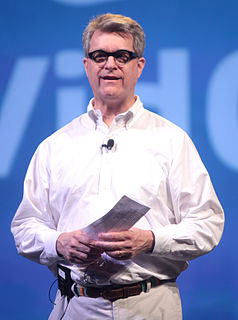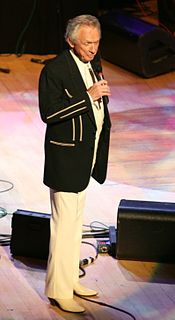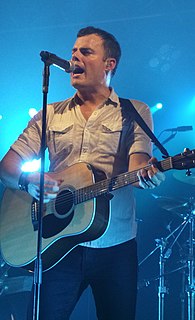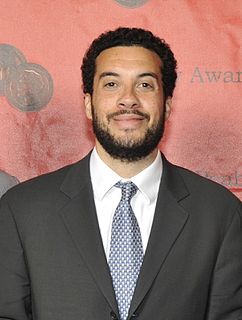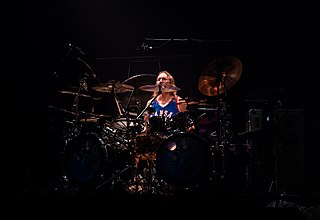A Quote by Thomas Bangalter
When you look at what we can call the golden era of concept albums, which starts in the mid or late '60s and ends maybe in the early '80s, it's an interesting time for music. You see all these very established and popular acts and bands and artists that were somehow on the top of their game but really trying to experiment.
Related Quotes
When I was a kid, a lot of my parents' friends were in the music business. In the late '60s and early '70s - all the way through the '70s, actually - a lot of the bands that were around had kids at a very young age. So they were all working on that concept way early on. And I figured if they can do it, I could do it, too.
I lived in Italy for a number of years and I was really digging around trying to get my hands dirty, trying to learn about Italian music. And what I ended up gravitating towards was this stuff from the '50s and '60s and maybe early '70s, where there were these incredibly talented pop singers that weren't using pop bands.
When I began writing poems, it was in the late 60s and early 70s when the literary and cultural atmosphere was very much affected by what was going on in the world, which was, in succession, the civil rights movement, the antiwar movement, and the women's movement in the 60s, 70s, and into the early 80s. And all of those things affected me and affected my thinking, particularly the Vietnam War.
I used to smoke marijuana. But I'll tell you something: I would only smoke it in the late evening. Oh, occasionally the early evening, but usually the late evening - or the mid-evening. Just the early evening, midevening and late evening. Occasionally, early afternoon, early mid-afternoon, or perhaps the late-midafternoon. Oh, sometimes the early-mid-late-early morning. . . But never at dusk!
The hip-hop that I really connected with was Public Enemy, KRS-One, Ice Cube, and N.W.A. That late '80s and early '90s era. The beginning of gangster rap and the beginning of politically conscious rap. I had a very immature, adolescent feeling of, "Wow, I can really connect with these people through the stories they're telling in this music."
O.J. Simpson was primarily interested in O.J. His rise to fame in the late '60s coincided with the period where black athletes were more outspoken and political than in any era. You're talking about the generation of black athletes that came about after Jackie Robinson. Athletes after that were just happy to find a place in sports. But when you got to the mid-'60s, you had athletes like Jim Brown and Muhammad Ali, who were very outspoken on the issues of race and civil rights.
I was seduced by the nouvelle vague, because it was really reinventing everything. And the Italian cinema that one would see in the theaters in the late '50s, early '60s was Italian comedy, Italian style, which, to me, was like the end of neo-realism. I think cinema all over the world was influenced by it, which was Italy finding its freedom at the end of fascism, the end of the Nazi invasion. It was a kind of incredible energy. Then, late '50s, early '60s, the neo-realism lost its great energy and became comedy.




